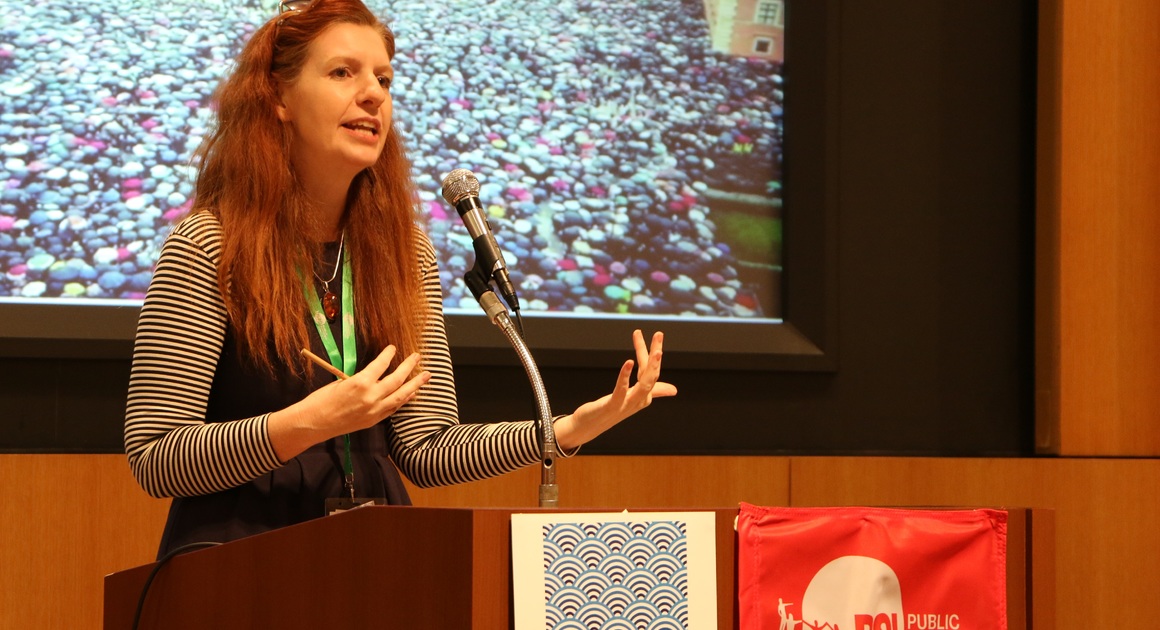set to take effect on 1st March Nurses in Malaysia Protest Increase in Working Hours

Malaysia's government plans to increase nurses' working hours from 42 to 45 hours per week. PSI unions Malayan Nurses Union and Sabah Medical Services Union are leading opposition - research shows that when nurses are forced to work more than 40 hours per week a range of risks increase.

Jyotsna Singh
Nurses in Malaysia are protesting against the government’s decision to increase their working hours from 42 to 45 hours per week, a move they describe as exploitative and regressive. The existing 42-hour workweek already exceeds the International Labour Organisation’s (ILO) recommended standard of 40 hours. Many countries follow norms for even lesser working hours. Instead of bringing national policy in line with global best practices, the Malaysian government is now pushing for an even more demanding schedule, set to take effect on 1st March.
Unions representing nurses across the country have strongly opposed the measure, calling for an immediate rollback of the proposed changes. They argue that increased working hours will lead to even harsher working conditions, impacting not only the well-being of nurses but also the quality of healthcare services provided to the community.
“Nurses work in three shifts, but due to poor shift management, they often end up working long hours without adequate rest. Shortage of staff results in them working more than 42 hours some time. Instead of addressing these systemic issues, the government is choosing to worsen the situation by increasing working hours,” said Saaidah Athman, President of the Malayan Nurses Union (MNU).

Healthcare workers already struggle with exhaustion and burnout, a situation exacerbated by staffing shortages and administrative inefficiencies. Rather than ensuring that nurses get sufficient rest between shifts, the new policy would push them to work even longer, further undermining their health and job performance.
PSI affiliates – MNU and the Sabah Medical Services Union (SMSU) – have been at the forefront of the campaign against this policy. Initially, the government had planned to introduce the longer workweek under the Public Service Remuneration System (SSPA) in December 2024. However, facing strong opposition from unions, authorities postponed the implementation to 28 February 2025. Now, despite continued protests, the government insists on enforcing the changes from 1 March 2025.
“This decision will have a direct and negative impact on the quality of healthcare services,” said Athman. “There is ample evidence showing that when nurses are overworked and fatigued, patient care suffers. Instead of valuing the essential contributions of nurses, the government is making it harder for them to provide safe and effective care.”
Kate Lappin PSI Asia & Pacific Regional Secretary

Nurses are already over-worked and under-valued... Governments that value the work of nurses and respect international obligations will progressively reduce the working week to at least 40 hours
The ILO’s Expert Committee Report on nursing hours and shift work, titled “Securing Decent Work for Nursing Personnel and Domestic Workers, Key Actors in the Care Economy”, states that nurses' working hours should not exceed 40 hours per week. Malaysia, which has long exceeded this standard with a 42-hour workweek, is now moving further away from international norms rather than aligning with them.
“Nurses are already over-worked and under-valued. Increasing their hours of work is a violation of their labour rights and a threat to public health. Governments that value the work of nurses and respect international obligations will progressively reduce the working week to at least 40 hours” said Kate Lappin, Regional Coordinator for PSI Asia Pacific.
Empirical evidence demonstrates that when nurses are forced to work more than 40 hours per week a range of risks increase including adverse patient outcomes and patient mortality (here, here and here), nurse stress and burnout levels, occupational injuries and disease and nurses leaving the profession or migrating to better working conditions.
PSI joins affiliates in calling on the government to abandon this policy and instead focus on improving working conditions in the healthcare sector. Ensuring fair working hours, better shift management, and adequate staffing levels will not only benefit nurses but will also strengthen the overall healthcare system.
With the implementation deadline fast approaching, unions are expected to intensify their campaign. The outcome of this struggle will determine not just the future for nurses in the country but also Malaysia’s commitment to international labour standards and workers’ rights.